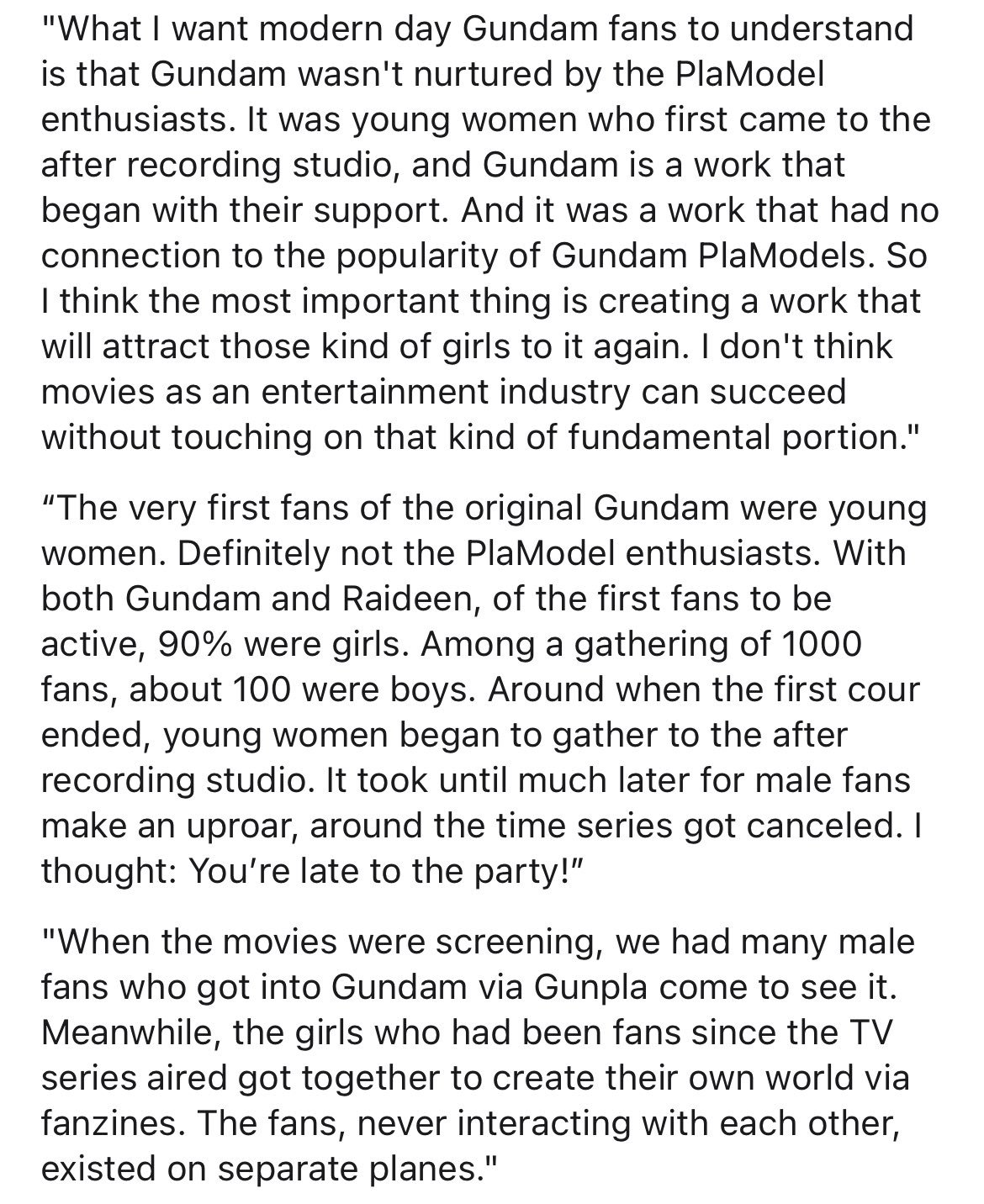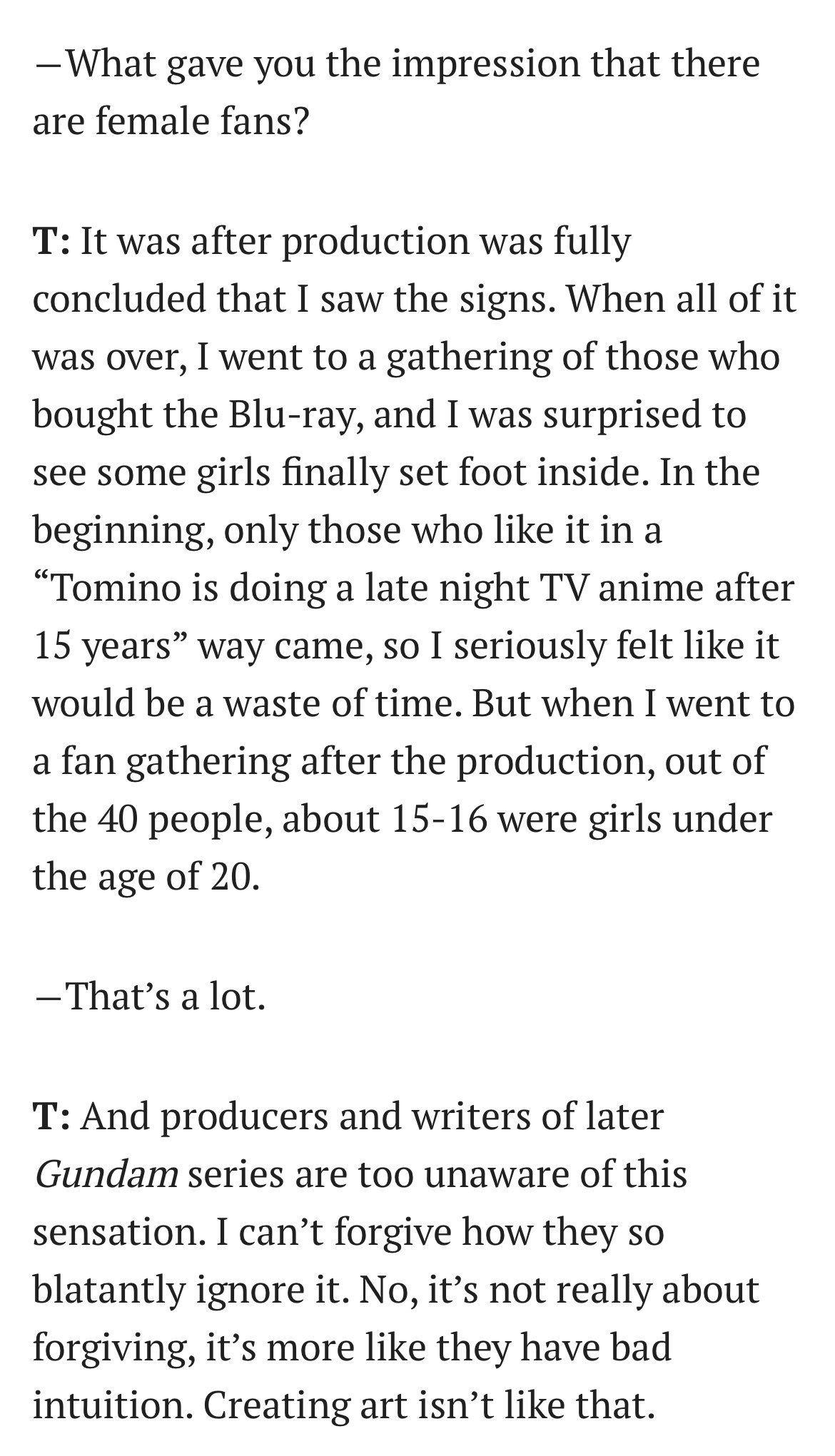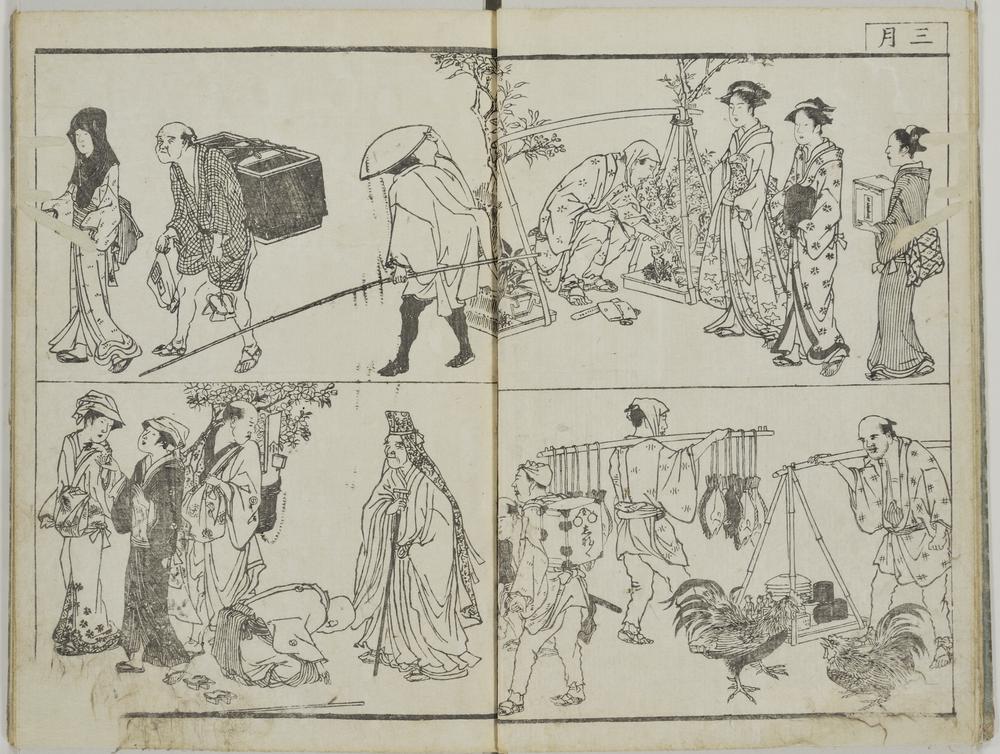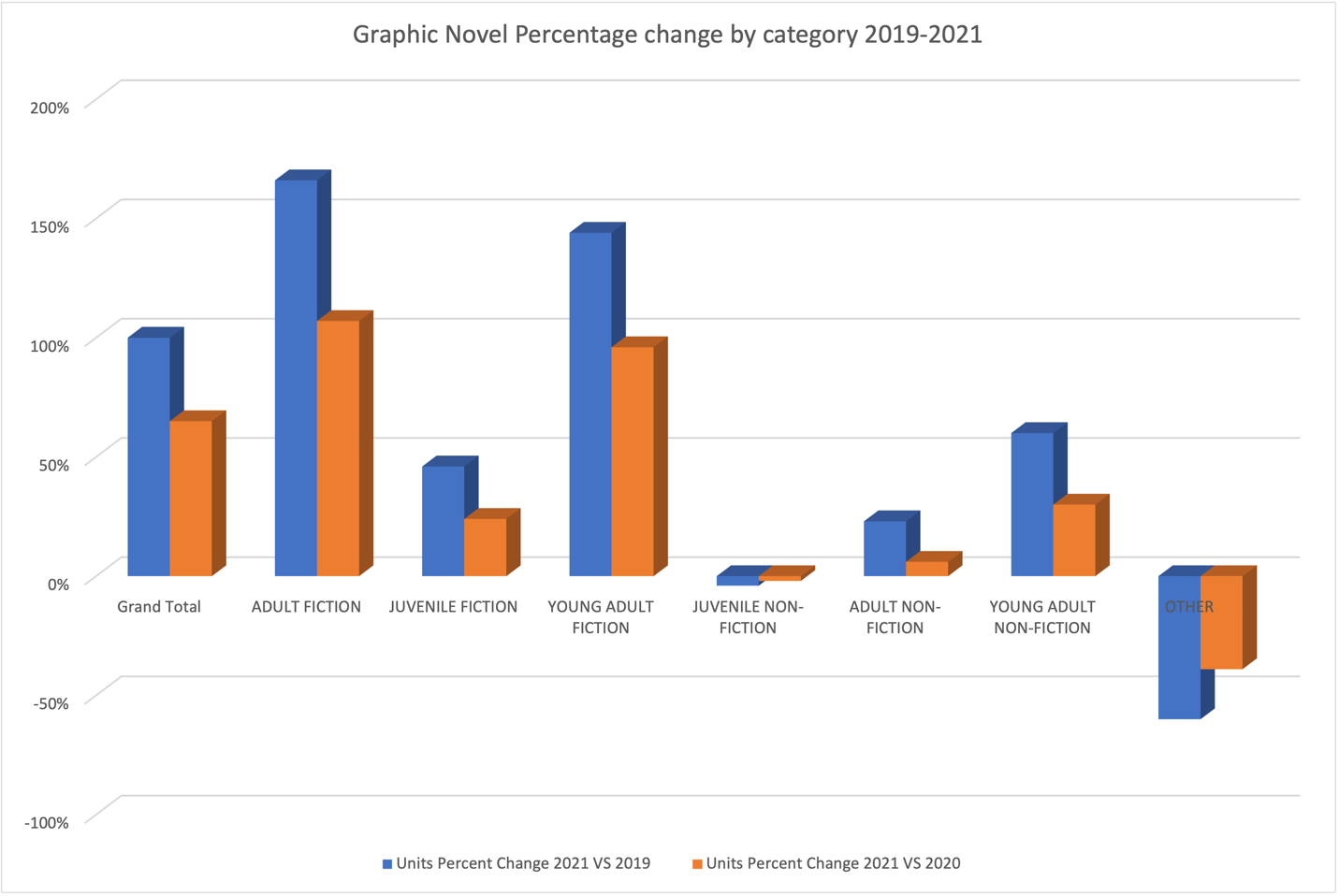Perception of comics/manga (and anime) and how they're approached is a little different in Japan as it's much more an open-ended platform where many different demographics can find plenty of draw, from all age groups and genders, and each market has high potential for success (though there are many, many more obscure works that never get traction and end up being abandoned or forgotten, like in any industry).
Worth reiterating that in Japanese, 'manga' and 'anime' do mean 'all comics' and 'all cartoons/animations', not just Japanese comics, or Japanese animations. So when someone is asking about someone's favorite anime or manga, it would be equivalent to someone talking about your favorite cartoon or comic in English. If you went up to someone in Japan and asked both men and women, boys and girls, what their favorite manga was, you'd probably get a variety of answers from all types of people, even if they aren't exactly 'otaku' or don't read much if any comics.
Try that in a place like the US, asking random people off the street what their favorite comic book/graphic novel they've read is, and you probably won't find as many answers in general, instead more likely to encounter opinions associating them with children's entertainment, even despite the huge comic book movie boom happening right now. Which is a shame, because there are a lot of compelling comics/graphic novels/illustrated works authored by women in English/not in Japanese for children, adults, and/or both, but because of the way comics are marketed and promoted in here, there is a much higher barrier to entry.
Why is the way comics and graphic novels marketed here [and arguably most other places] so vastly different from Japan and East Asia? I don't know, but the root lies in the history of comic books' development in the 20th century, all the way back to pulp fiction, probably. There was a much more magnified focus on appealing to young boys, whereas with manga, things like 'kawaii' culture played a role throughout all aspects of illustrated works, even those targeting young boys, and I think helped in forging a universal appeal across both genders and preferences, as well as, eventually, to the early female pioneers leading to works like Sailor Moon, Ranma, to Boys Over Flowers, etc. Comparative to other regions, in Japan, comics and cartoons arguably have the biggest share of the pop cultural sphere within their own country.
Either way, not sure how accurate that statistic number is. :-P But there are plenty of women illustrators/artists/authors around the world, for sure.




